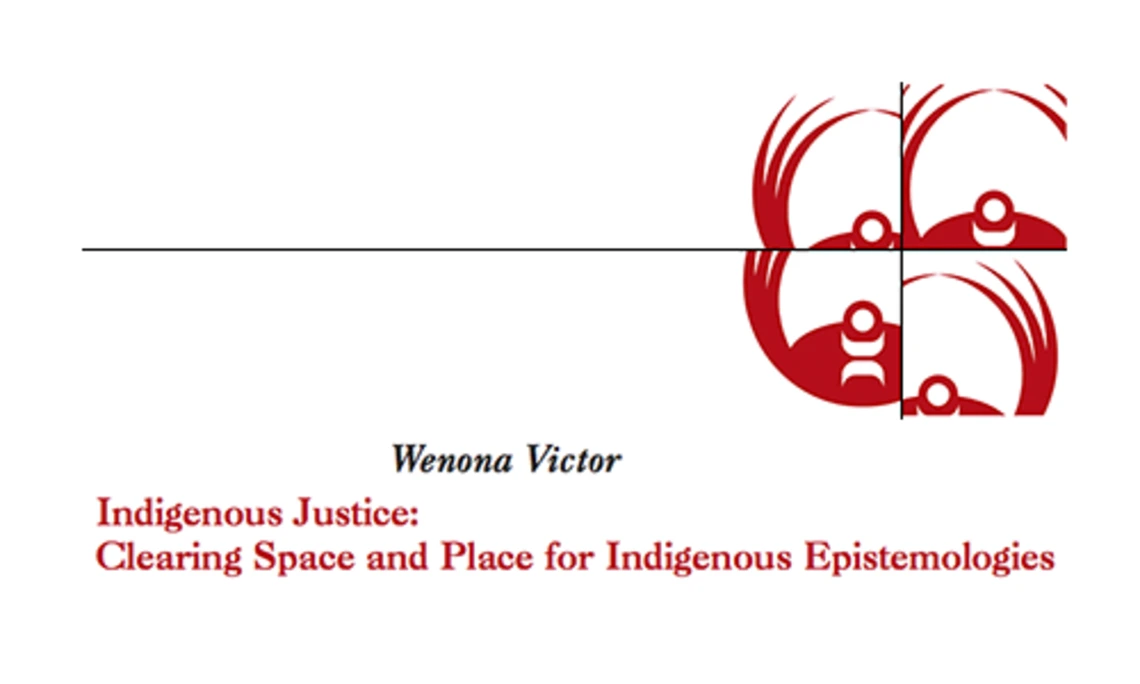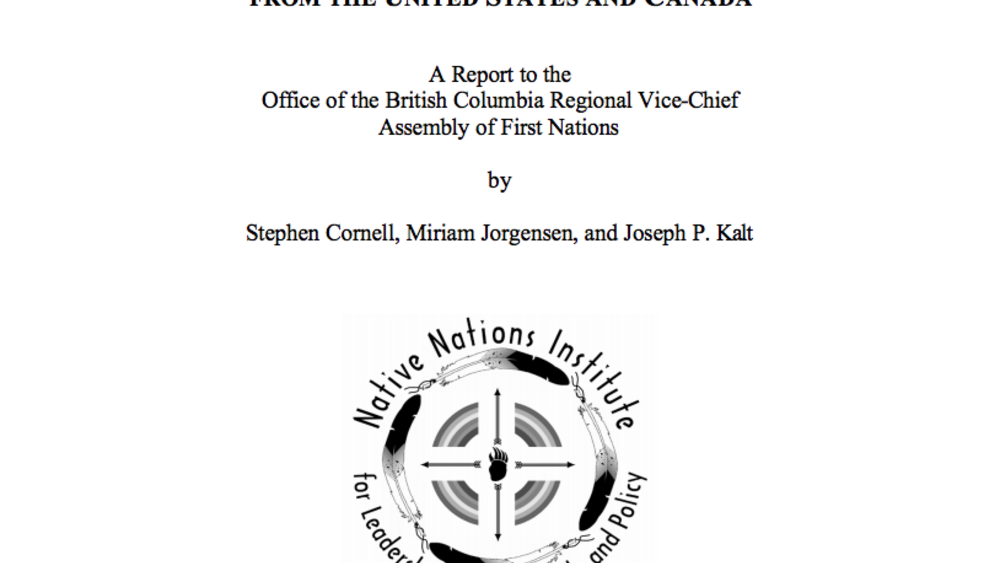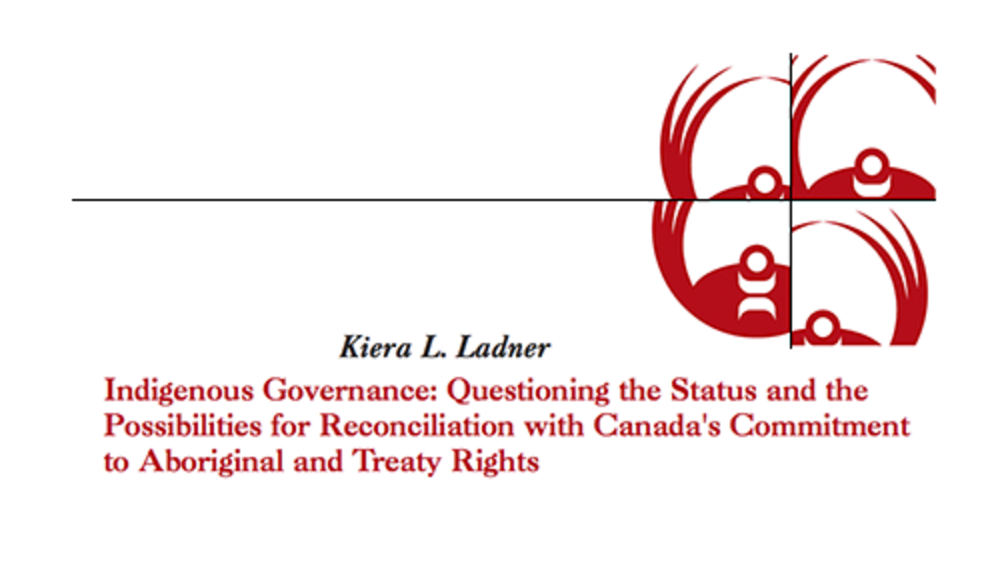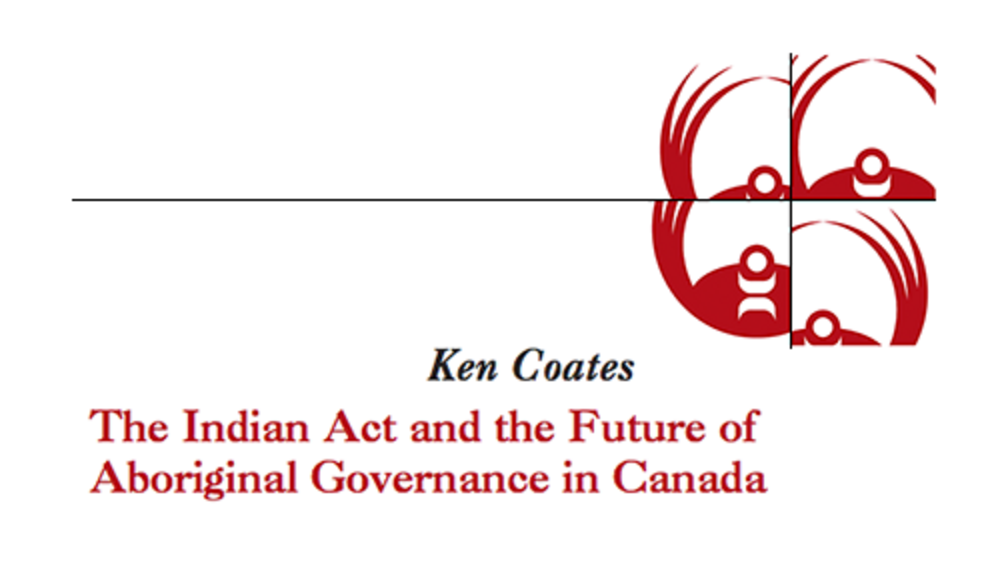The realization of Self Determination for Indigenous Peoples is an exhilarating and fascinating movement that encourages human perseverance and an unfaltering belief in human potential and responsibility. It is a multi-dimensional movement that acknowledges and accepts human flaws while becoming aware of one's place in the world. All at once it is both so simple, and yet so complex. Simple because autonomy is a basic human need: to have, not only the ability, but the space and place to self-actualize and experience continuity are fundamental basic human needs. Self determination nurtures human dignity. Yet it becomes extremely complex when its recognition is denied under a colonial regime.
While self determination nurtures human dignity, human responsibility, self and collective actualization and continuity, a colonial regime thrives on its ability to oppress, to maintain hierarchical orderings of power and importance, authority, ignorance and a concept of time that is both linear and extremely short. If time has taught us anything it is that there are no winners under a colonial regime. To oppress human diversity and assert authority without consent is to deny human capability both in terms of individualization and collectivities. Colonial ideologies such as eurocentrism, racism, oppression and hegemonic control are used to promote and sustain a colonial regime that denies equally the colonized and the colonizers of their full human potential.
As Canada moves painfully toward a post colonial era, one can hope that space and place will be created to better explore, understand, and apply Indigenous worldviews to all realms of life. I say painfully because it is. Moving toward a post colonial era means coming to realize the full extent and damage a colonial regime has had on all people now living on Turtle Island. Indigenous people may feel anger, non-Indigenous people may feel defensive; Canada's colonial relationship with Indigenous peoples is far from pretty. Denial and blame work together to stagnate progress.
Additional Information
Victor, Wenona. "Indigenous Justice: Clearing Space and Place for Indigenous Epistemologies". Research Paper for the National Centre for First Nations Governance. The National Centre for First Nations Governance. Canada. December 2007. Paper. (https://fngovernance.org/wp-content/uploads/2020/09/wenona_victor.pdf, accessed July 25, 2023)




